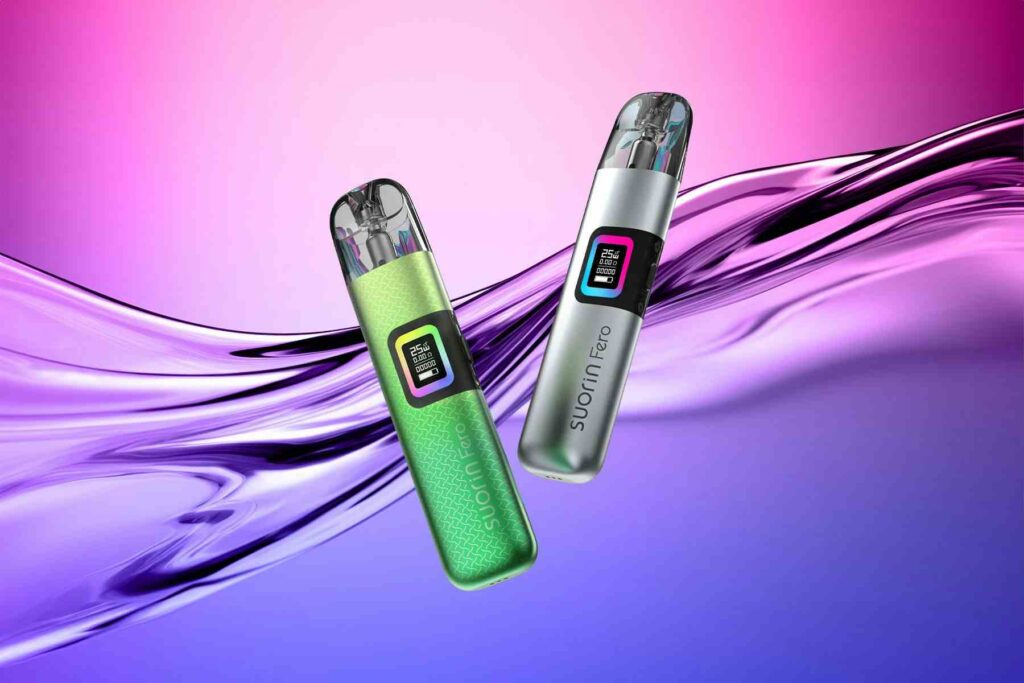Introduction to Vape Juice Flavor Assessment
When it comes to vaping, the selection of vape juice (e-liquid) flavors plays a pivotal role in enhancing the overall experience. With an ever-increasing variety of flavors available in the market, discerning enthusiasts often seek reliable methods to judge and choose new vape juices. This review delves into the essential factors that should be considered when evaluating vape juice flavors, highlighting its features, specifications, and user experience.
Product Overview and Specifications
Vape juices come in various compositions, typically consisting of a base containing vegetable glycerin (VG) and propylene glycol (PG), flavoring agents, and nicotine (optional). The VG/PG ratio influences the throat hit, vapor production, and flavor intensity. Common ratios include 50/50, 70/30, and 80/20, with higher VG ratios favored for sub-ohm vaping due to their ability to produce denser vapor.
For instance, a vape juice product could have specifications like:
– Flavor Profile: Fruity, dessert, menthol, tobacco, etc.
– Nicotine Levels: Ranging from 0mg to 12mg or higher.
– Bottle Size: Available in 30ml, 60ml, or larger formats.
– VG/PG Ratio: 70% VG / 30% PG.
Aesthetics and User Experience

The packaging and design of vape juice can influence consumer perception. A well-designed label, coupled with vibrant colors that reflect the flavor, make the product stand out on shelves. Moreover, the texture and consistency of the juice, which should ideally be smooth and easily pourable, are important for ease of use.
Flavor Profiles and Duration
Best Flavors
The taste sensation is a subjective aspect of vaping, and what might be enjoyable for one person may not appeal to another. Popular flavor categories include:
– Fruits: Such as strawberry, watermelon, and mixed berry blends.
– Desserts: Options like vanilla custard, cheesecake, and donut flavors.
– Beverages: Cola, coffee, and energy drinks.
– Menthol: A cool, refreshing sensation.
The overall richness of the flavors should be assessed not only during the initial puff but also over time. A well-crafted vape juice should maintain its flavor profile without becoming overly muted or changing significantly after several puffs.
Longevity of Flavor
Another critical aspect is the longevity of the flavor during usage. A reliable vape juice can maintain flavor saturation for an adequate duration, allowing users to fully enjoy the experience without frequent re-fills or taste alterations, typically lasting several tank fills or more.
Battery Life and Charging
Although battery life primarily pertains to the vaping device rather than the juice itself, the choice of e-liquid can influence how often a user needs to recharge. High-VG juices produce more vapor, which can lead to quicker consumption of e-liquid, requiring more frequent recharges. Therefore, pairing a juice with a compatible mod that offers longer battery life is advisable for the best vaping experience.
Vaping Performance and Usage Method
Using vape juice effectively depends on both the juice’s composition and the user’s vaping device. The method of usage should remain consistent to ensure reliable assessment—preferably using the same device, atomizer, and coil for best results. Adjusting wattage and airflow settings can also impact flavor and vapor production significantly.
Pros and Cons Analysis
Advantages
– Flavor Variety: A broad selection of flavors allows users to experiment and find their favorites.
– Customizable Nicotine Levels: Users can select based on their preferences, which aids in gradual nicotine replacement.
– Community and Reviews: Online forums and social media provide ample resources for flavor reviews and recommendations.
Disadvantages
– Subjectivity: Flavor taste varies significantly among individuals, leading to potential dissatisfaction.
– Quality Control: Not all brands maintain consistent quality, which can lead to inconsistent flavor experiences.
– Health Concerns: Some flavors may contain additives that could be deemed unhealthy over prolonged exposure.
Target Audience Analysis
The primary demographic for vape juice includes adults aged 18-45, typically smokers looking to transition to vaping or individuals seeking an alternative recreational activity. Furthermore, the trend toward nicotine-free options has attracted a younger audience interested in flavored vaping experiences. This expansion emphasizes the need for diverse flavor offerings to cater to varying taste preferences.
Conclusion
In conclusion, assessing the most reliable way to judge new vape juice flavors requires a comprehensive understanding of flavor profiles, performance, and user experiences. By considering specifications, aesthetics, longevity, and available options, consumers can make informed decisions tailored to their personal preferences. However, it remains essential to embrace the subjectivity of taste and remain open to exploration within the rich landscape of vape juices.





